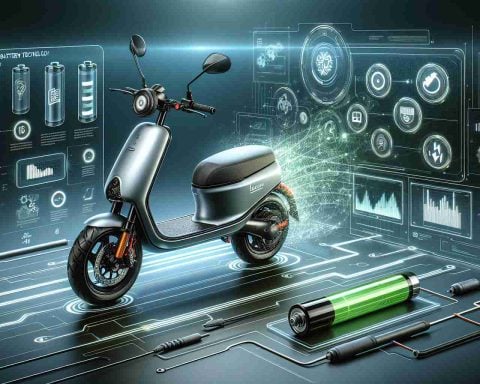Electric cargo bikes have become the latest trend in urban cities, revolutionizing how people commute. However, with the rise in popularity of e-bikes and e-scooters, concerns about safety have emerged. Tragic accidents, such as the one in Key Biscayne, have led to the implementation of blanket bans on these electric mobility devices. But is banning them outright really the solution?
While it is true that e-bikes and e-scooters pose more risks compared to traditional pedal-powered bicycles, prohibiting their use can limit the options for urban commuters. It is crucial to strike a balance between regulation and education to ensure safety on the roads.
European countries offer us valuable insights into this issue. They have adopted a different approach by implementing strict regulations regarding e-bikes. In Europe, e-bikes exceeding 250 watts require licenses and insurance, and designated cycle paths are available for e-bike riders. This comprehensive system ensures that riders are properly educated and held accountable for their actions.
Instead of resorting to bans, perhaps it is time for communities to focus on regulating these devices effectively. Proper education on riding practices, along with designated paths and infrastructure to accommodate e-bikes and e-scooters, can create a safer environment for all road users.
Blanket bans on e-bikes and e-scooters may punish responsible riders for the actions of a few individuals. By implementing balanced regulations and investing in education, we can encourage responsible riding habits and reduce the risks associated with electric mobility devices.
In conclusion, the solution lies not in imposing blanket bans, but in finding a middle ground. By learning from the European model, we can establish effective regulations, provide proper education, and create a safe and sustainable ecosystem for e-bike and e-scooter riders. Let’s promote responsible urban mobility without sacrificing the convenience and accessibility that these devices offer.
Electric cargo bikes are part of the rapidly growing electric mobility industry, which includes electric bicycles and scooters. According to a report by Research and Markets, the global electric bicycle market is projected to reach $38.6 billion by 2025, with a compound annual growth rate (CAGR) of 7.9% from 2019 to 2025. This growth is driven by factors such as increasing concerns about air pollution, rising fuel prices, and the need for more sustainable transportation options in urban areas.
However, alongside the rise in popularity of electric mobility devices, concerns about safety have emerged. Accidents involving e-bikes and e-scooters have raised questions about their regulation and usage. This has led some cities and regions to implement blanket bans on these devices, citing safety concerns as the main reason.
But banning electric cargo bikes outright may not be the most effective solution. As mentioned earlier, European countries have adopted a different approach to regulating e-bikes. They have put in place strict regulations, including licensing and insurance requirements for e-bikes exceeding a certain power limit, and designated cycle paths specifically for e-bike riders. This comprehensive system ensures that riders are properly educated and held accountable for their actions.
Instead of resorting to bans, communities should focus on implementing similar regulations and investing in education. By providing proper education on safe riding practices and creating infrastructure to accommodate electric mobility devices, cities can create a safer environment for all road users. This can include designated lanes or paths for e-bikes and e-scooters, as well as measures to ensure their visibility and integration with other modes of transportation.
Implementing balanced regulations can also help distinguish between responsible riders and those who pose a risk to themselves and others. A one-size-fits-all ban punishes all riders for the actions of a few individuals. By implementing regulations that encourage responsible riding habits and hold riders accountable for their actions, cities can ensure the safe and sustainable use of electric cargo bikes and other electric mobility devices.
To promote responsible urban mobility, it is important to strike a balance between regulation and education. By learning from the European model and adapting it to local contexts, we can establish effective regulations, provide proper education, and create a safe and sustainable ecosystem for e-bike and e-scooter riders. This will allow us to enjoy the convenience and accessibility that these devices offer while ensuring the safety of all road users.














